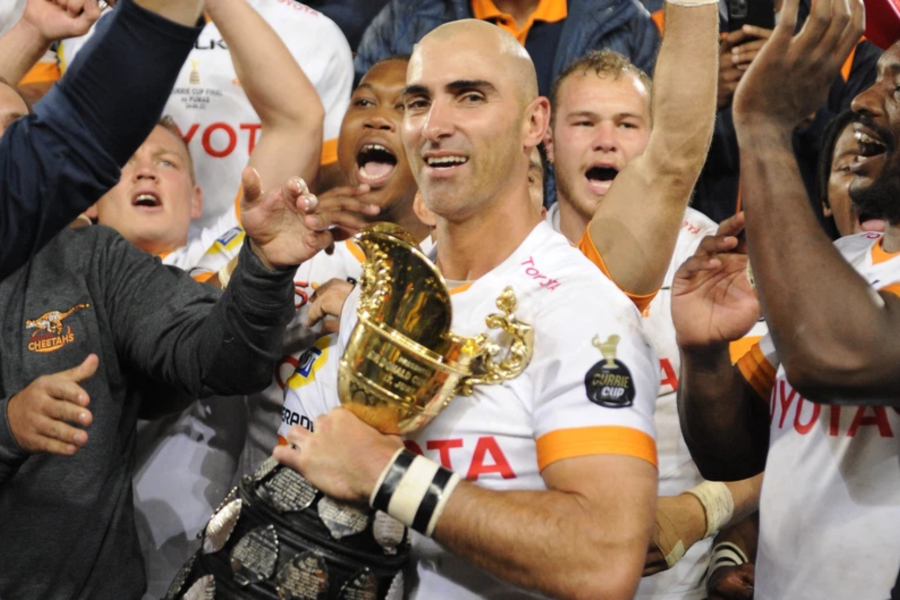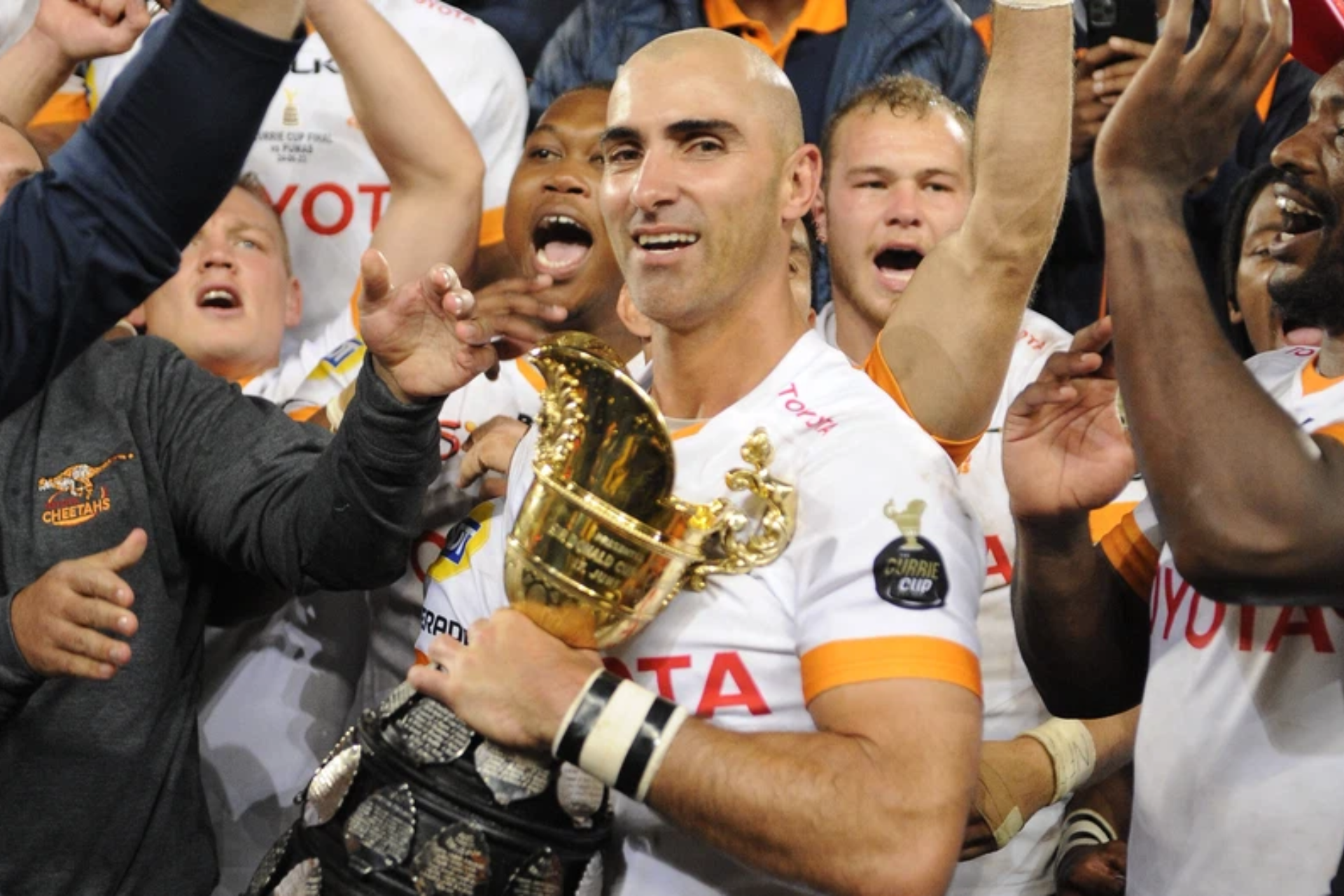
Cheetahs overcome financial hardship to win Currie Cup
Cheetahs put a season of financial hardship behind them on Saturday to be crowned South African rugby champions with a 25-17 home win over Pumas in the Currie Cup final. ALSO READ: Ruan Pienaar gets the plaudits for Currie Cup glory Centre Reinhardt Fortuin, wing Cohen Jasper and scrum-half Rewan Kruger scored a try each and 39-year-old fly-half […]

Cheetahs put a season of financial hardship behind them on Saturday to be crowned South African rugby champions with a 25-17 home win over Pumas in the Currie Cup final.
ALSO READ: Ruan Pienaar gets the plaudits for Currie Cup glory
Centre Reinhardt Fortuin, wing Cohen Jasper and scrum-half Rewan Kruger scored a try each and 39-year-old fly-half Ruan Pienaar kicked two conversions and two penalties for the winners.
“I was sure we would win only in the final minute. Pumas pushed us all the way and we made it difficult for ourselves sometimes,” said former Springbok Pienaar.
Centre Ali Mgijima scored a try for 2022 champions Pumas and fly-half Tinus de Beer slotted four penalties before a 34,000 crowd in the central city of Bloemfontein.
ALSO READ: Munster star Jean Kleyn now eligible to play for Springboks
CHEETAHS
Seven-time Currie Cup winners Cheetahs never trailed after taking an early three-point lead, were 18-11 ahead at half-time, and the stronger side in a low-scoring second half.
ALSO READ: Cheetahs beat Pumas to win 2023 Currie Cup: As it happened
Cheetahs chief executive Ross van Reenen told the Rapport newspaper how the team has been battling financially, especially in the European Challenge Cup, where they bowed out in the round of 16.
The Bloemfontein outfit were allowed to compete provided they played home matches in Europe, and the South Africans chose the Italian city of Parma.
ALSO READ: Currie Cup final: The Cheetahs are the 2023 champions
“We spent millions of rand hiring facilities, accommodation, meals and laundry, the weather was freezing and wet, and no one in our group could speak fluent Italian,” said Van Reenen.
“The language barrier was significant as it prevented us engaging with the locals much of the time. To cut costs we washed kit only every second day.”
dl/dj
© Agence France-Presse